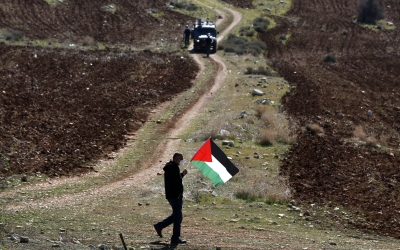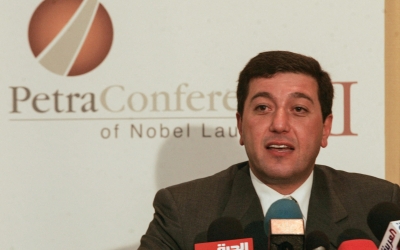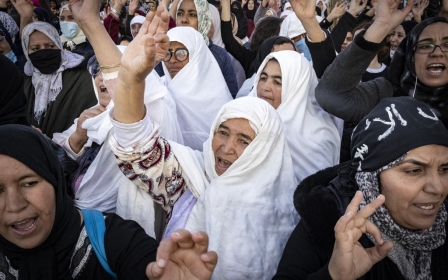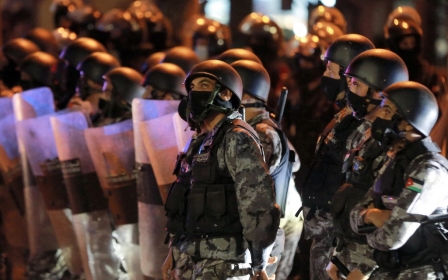Arabic press review: UAE accused of selling Palestinian lands in East Jerusalem
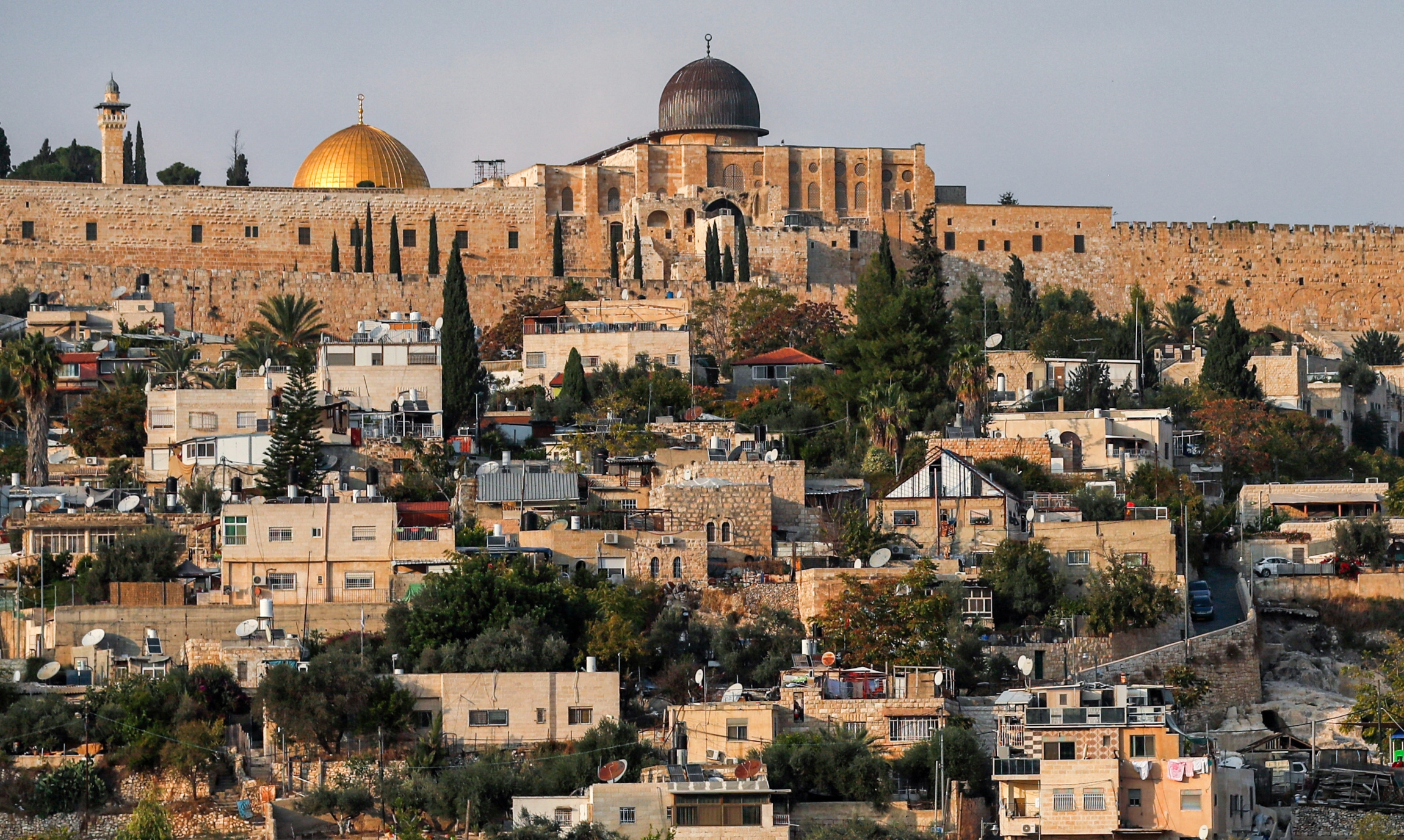
UAE involved in selling real estate in Jerusalem
The United Arab Emirates (UAE) has taken part in selling properties in East Jerusalem, the Palestinian website Al-Qastal reported on Thursday.
"The UAE is involved in selling three properties to settlers in Batn al-Hawa neighbourhood in the Silwan area in East Jerusalem," Al-Qastal quoted informed Palestinian sources.
The sources said that "documents proving the involvement of the UAE and Palestinian figures in selling real estate in Silwan will be revealed later”.
At dawn on Thursday, groups of settlers reportedly managed to seize three buildings and a plot of land in Batn al-Hawa neighbourhood, under the protection of the Israeli occupation police, after the site was handed to settler associations.
Meanwhile, families from the town of Silwan, just outside of occupied East Jerusalem, held a meeting on Thursday in which they stressed the necessity of boycotting “real estate looters” cooperating with settler associations.
The boycott includes refraining from attending their events and from inviting them to national or family events, and imposing a complete and comprehensive boycott against them and their families.
UAE hosts first Holocaust Remembrance Day
The UAE has hosted an official Holocaust Remembrance Day in conjunction with similar commemorations held in Israel, the first such event to be held in an Arab country.
Six Emirati activists lit candles symbolising the six million victims of the Holocaust, while Israeli singer Loai Ali and rapper Ezzy performed a special edition of the song One Human Fabric.
Israel in the Gulf, a Twitter account affiliated with the Israeli foreign ministry, published a video clip showing a number of Emirati citizens lighting candles to commemorate the Holocaust, with the caption: "We stand together against extremism. We will not forget.”
Jordan denies that Bassem Awadallah was released
A Jordanian government source said on Thursday that the former director of the royal court, Bassem Awadallah, is still in detention pending investigation in the case of Prince Hamzah bin Hussein, Arabi21 reported.
The source said that Awadallah did not leave for Saudi Arabia, as Jordanian dissidents abroad have claimed on social media.
On Thursday morning, Jordanian activist pages and websites circulated information that Awadallah had left for Saudi Arabia, accompanied by the Saudi delegation that arrived in Jordan on Wednesday, headed by Foreign Minister Faisal bin Farhan.
Jordanian authorities detained Awadallah on Saturday, along with Prince Hamzah, over threats to the "security and stability" of the kingdom.
Awadallah is considered to be the most important detainee in the case of Prince Hamzah. He held the position of director of the Jordanian royal court before being appointed by King Abdullah as an envoy to Saudi Arabia.
He was dismissed from office in 2018. He has since become an adviser to Saudi Arabia's Crown Prince Mohammed bin Salman, and one of the masterminds of the Neom city project.
The Saudi delegation has requested Awadallah’s release, and wanted to take him back to Riyadh, the Washington Post cited a Middle Eastern intelligence official as saying.
Detained Moroccan journalist goes on hunger strike
A detained Moroccan journalist went on an indefinite hunger strike on Thursday, a week before the resumption of his trial on charges of sexual assault, reported The New Arab, a London-based newspaper.
Suleiman Raissouni, the former editor-in-chief of Akhbar al-Youm, has received widespread support from lawyers and journalists in Morocco, who have claimed that he was framed and that the case against him is in fact a political trial.
Raissouni's wife, Kholoud al-Mukhtari, said her husband has taken “the decision to fight on an empty stomach, to protest against his arbitrary arrest and pre-trial detention for almost a year without trial," according to The New Arab.
Mukhtari explained that Raissouni has been detained despite the absence of evidence incriminating him, in addition to the injustice he has suffered before and after his arrest, and the threats and defamation attacks targeting him and his family.
She added that Raissouni went on hunger strike after a period of extensive investigation that did not result in any conviction.
"Although the magistrate’s duty is to investigate evidence of conviction and innocence alike, this was not the case for Suleiman Raissouni, who was deprived of even presenting his witnesses,” Mukhtari said, stressing that her husband’s life will now take a different route, either to enjoy freedom and justice or die trying.
*Arabic press review is a digest of reports that are not independently verified as accurate by Middle East Eye
Middle East Eye delivers independent and unrivalled coverage and analysis of the Middle East, North Africa and beyond. To learn more about republishing this content and the associated fees, please fill out this form. More about MEE can be found here.


